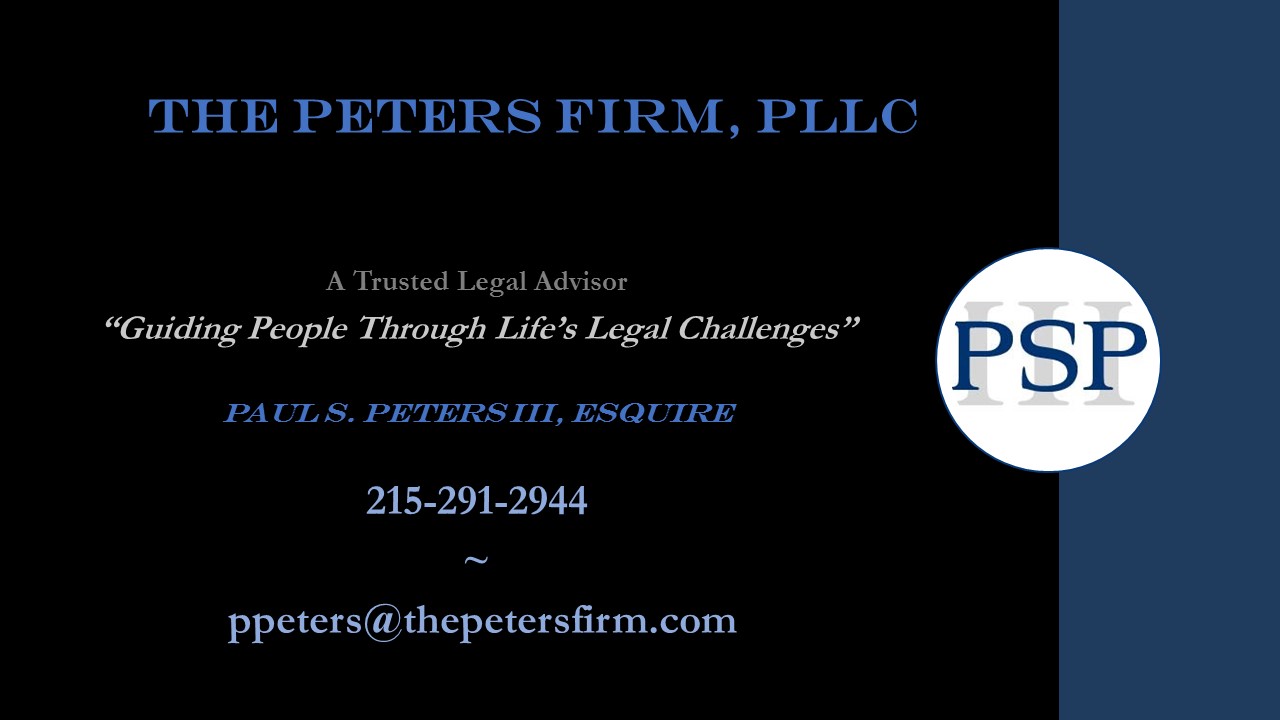
What are my Miranda Rights
in Pennsylvania?
What are my Miranda Rights if Arrested in Pennsylvania?
From popular television shows such as Law & Order, movies, and books, most Pennsylvanians know the police are required to “read you your rights” once under arrest. While many know the phrase, they do not completely understand what these “rights” are. Legally they are referred to as “Miranda Rights” or “Miranda Warnings” after the 1966 U.S. Supreme Court’s decision in the landmark criminal law case Miranda v. Arizona. The Supreme Court ruled that law enforcement officers must inform people being placed in police custody of certain rights afforded to them in the United States before the police may attempt to ask the person in custody any questions.
Many individuals in police custody do not understand their “Miranda Rights”; therefore, they waive them and make statements against their interest to the police. Criminal Justice experts conclude that people waive their Miranda rights as much as 80 percent of the time.
If you or someone you care about has been arrested, you need the immediate assistance of a skilled Criminal Defense Attorney right away. Speaking to the police before talking to an attorney can result in devastating consequences for your case, and you could end up waiving your rights without knowing it. You should always have a committed legal professional by your side to explain all your options clearly, so you can make informed decisions regarding your case.
Reading of Rights
Miranda requires police to inform a person in their custody before asking questions that:
- You have the right to remain silent.
- Anything you say or do may be used against you in a court of law.
- You have the right to consult an attorney before you talk to the police or have an attorney present while being questioned.
- If you can’t afford an attorney, one will be appointed for you, if you wish.
“Miranda Rights” are born out of the Fifth Amendment to the U.S. Constitution protecting people from being forced to self-incriminate themselves while in the custody of law enforcement. Requiring law enforcement to read these rights is meant to be a safeguard since police custody is inherently compelling and impacts one’s ability to resist speaking in a self-incriminating way.
When Miranda Warnings are Required
“Miranda Rights” are required when law enforcement wants to question a person in custody and later be able to use that person’s answers as evidence at trial. Custody is not exclusively defined as a person being handcuffed in the back of a police car or at the police station. For “Miranda Rights” purposes, custody means any situation where a reasonable person would believe the police have deprived that person of his or her freedom to freely act. Simply put, would a reasonable person believe they were free to walk away and ignore the police without any negative repercussions?
To determine whether a reasonable person would view a situation as “custody” triggering “Miranda Rights”, a judge will consider:
- the identity of the individuals asking questions;
- the presence of others;
- who initiated the conversation;
- if the police informed the individual that the interview was voluntary;
- the place where the questioning took place;
- the use of force or any physical restraints on the suspect; and
- the time of day when the conversation occurred.
Failure to properly provide a Miranda warning prior to a custodial interrogation will result in a court barring the use of statements made by an individual to police for evidence at trial. Additionally, any evidence obtained as a result of these statements is inadmissible.
It is important to note that failure to be read your “Miranda Rights” only becomes an issue if you gave a statement. If you were arrested and no “Miranda Rights” read, but the police never attempted to question you, or you refused to give a statement, any argument regarding “Miranda Rights” is irrelevant.
How Can Paul S. Peters III, Esq. Help You
Miranda rights are a complex area of criminal law containing many nuances, exceptions, and additional procedures that may be involved.
You should always invoke your “Miranda Rights” and refuse to speak with law enforcement officers until after you have consulted with an experienced criminal defense attorney like Paul S. Peters III, Esquire.
Nothing good can come out of you speaking to the police prior to talking to an attorney or thinking you can talk your way out of an arrest. Police Offices, Detectives, and Federal Agents are highly trained in interrogation techniques they will use to your detriment. Often times you are made to feel safe and will be taken care of, only to find out later that you were tricked.
Attorney Peters will ensure your rights are protected and that all arguments for your defense are properly explored and analyzed. If you or your loved one has been arrested or charged with a crime, call Attorney Paul S. Peters III, Esq. immediately at 215-291-2944 to begin your defense.
215-291-2944
ppeters@thepetersfirm.com
TRUSTED AND AGGRESSIVE PENNSYLVANIA
TRAFFIC TICKET ATTORNEY
If you have been issued a traffic ticket in Pennsylvania in any of the following counties, contact the trusted and experienced Montgomery, Philadelphia, Bucks, Delaware, Chester, Lehigh, Lancaster, Northampton, Berks, Adams, Cumberland, Dauphin, Franklin, Fulton, Huntington, Juniata, Lebanon, Mifflin, Perry, Snyder, York Bradford, Cameron, Centre, Clinton, Lycoming, Montour, Northumberland, Potter, Sullivan, Tioga, Union, Carbon, Columbia, Lackawanna, Luzerne, Monroe, Pike, Schuylkill, Susquehanna, Wayne, and Wyoming County Pennsylvania Traffic Ticket Attorney:
Paul S. Peters III, Esquire at:
215-291-2944
ppeters@thepetersfirm.com



